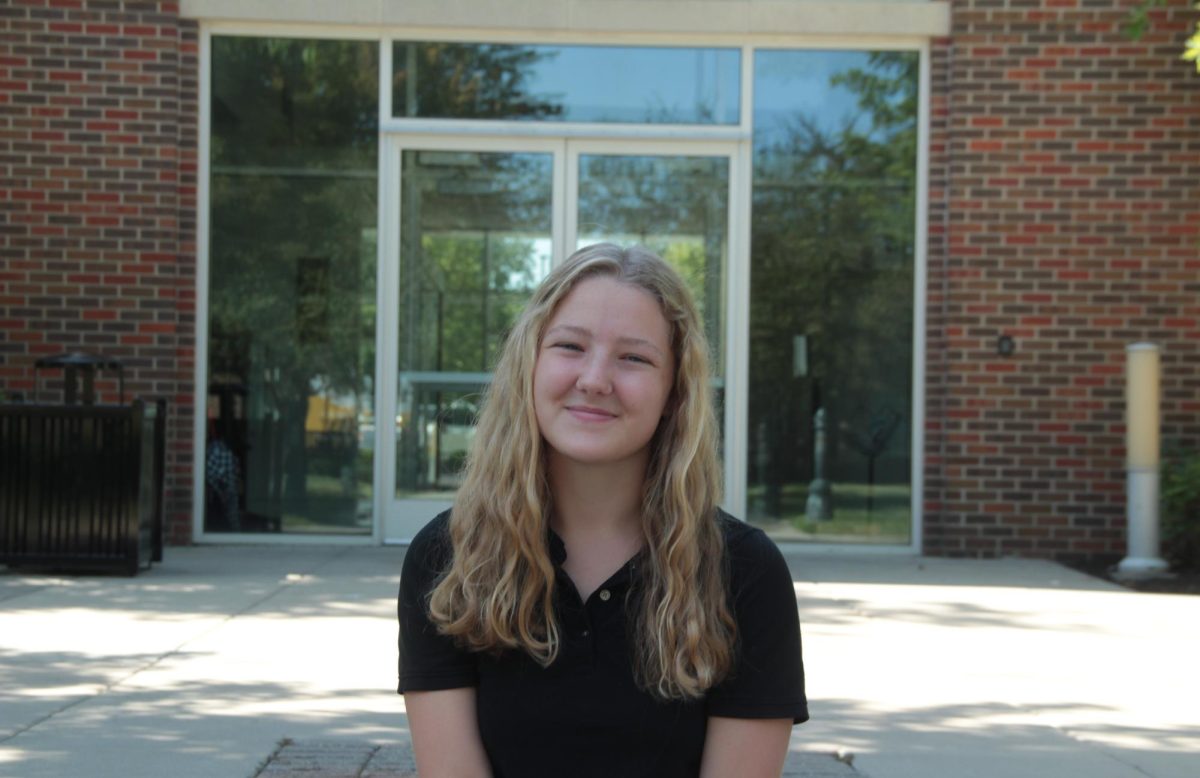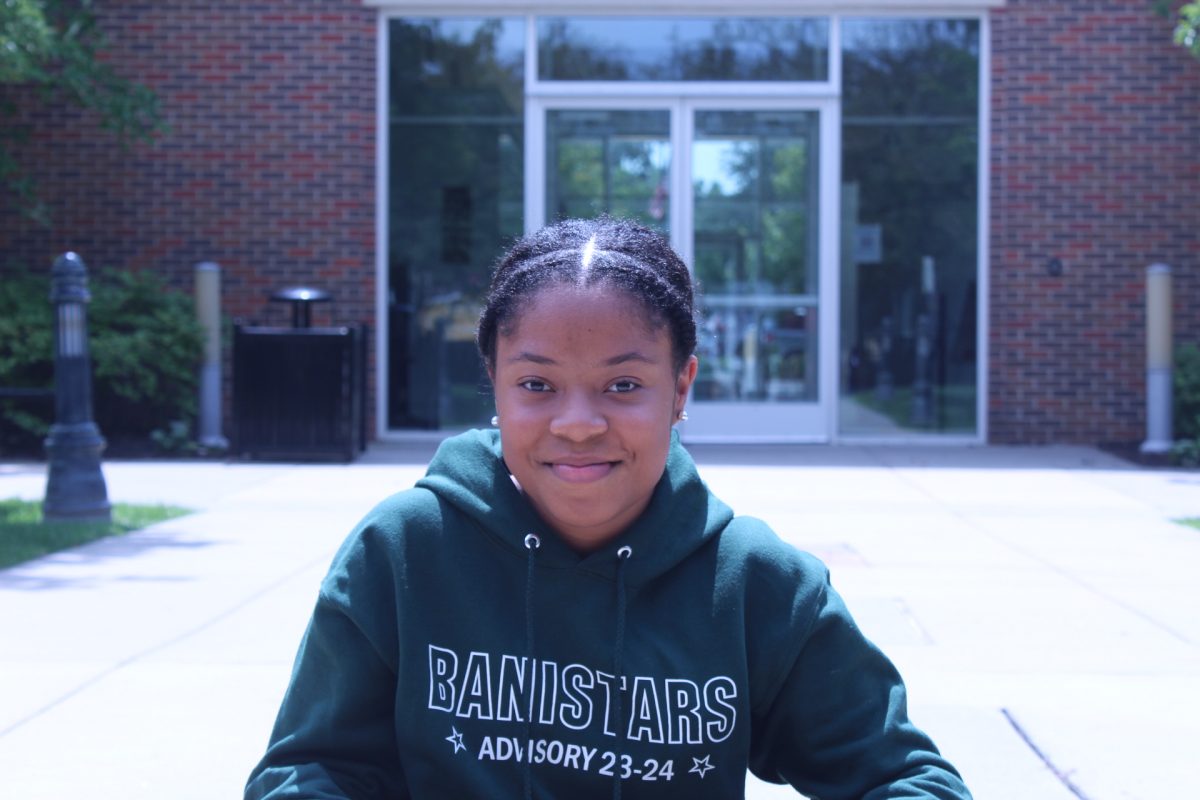If you search “climate change” in Google, and look at the top news stories, you will probably be bombarded with headlines of disaster: heat waves, extreme precipitation, failed environmental initiatives; it is instantly overwhelming, and the problems just seem so big.
Our generation is facing climate challenges no other has had to deal with, and it is hard to not hear the ticking clock of what feels like a countdown to disaster.
I have grown up feeling the impact of every piece of trash I throw away and every light I turn on. I pay attention to climate news because I simply cannot afford not to. I am very aware that my actions, along with the rest of the world’s, have dire consequences for the planet. I have always known that if we do not work to save ourselves, no one else will.
I know that I am not alone in this constant awareness of the state of our environment. Climate change is often brought up in class discussions, and STA hosts a Green Team and Environmental Club. Our generation is proactive about climate issues because we have to be.
While it is important to work towards change, it can also be extraordinarily draining and anxiety-inducing. Not having your future guaranteed is a terrifying thing. The pressures of creating environmental change can take a toll, and they have done so on a generation burdened with the weight of remedying the impacts of environmental damage that has been taking place on a large scale since the industrial revolution.
For many young people, the pressure of saving the planet contributes to a sense of urgency, often accompanied by climate anxiety and ecological grief.
“Climate anxiety is fundamentally distress about climate change and its impacts on the landscape and human existence,” according to the Yale Sustainability website. “That can manifest as intrusive thoughts or feelings of distress about future disasters or the long-term future of human existence and the world, including one’s own descendants.”
The website also characterizes ecological grief as “feelings of longing or sadness based on observed changes in one’s ecosystem.”
Both climate anxiety and ecological grief affect me constantly, and I know many others feel their weight as well. For me, climate anxiety often manifests as thoughts pinging around in the back of my head that I can never quite shake. I often feel that I can never fully be at peace because I feel the constant pressure of needing to do something, anything, to help fix the mess we’ve gotten ourselves into, but never quite knowing what to do. When I consider my future, it is often accompanied by How much of a future will I actually have?. Climate change impacts where I might want to live, what career I want to pursue and if I want to have children.
Ecological grief takes the form of guilt and anger for me. I feel awful for all of the organisms we share this planet with that didn’t choose the fate we appear to be dooming them to. Then I feel angry about the choices I didn’t make, and the environmental impacts I didn’t set into motion. Often it just feels like our generation has been dumped with all the cumulative baggage of the previous ones. Everyone is sorry, but no one actually wants to do anything about it. Then I feel guilty again, because I know it’s not that easy, and guiltier still, because unfair or not, the problems still have to get fixed, and what am I doing to fix the problem? Rinse, repeat.
Most of all I feel a deep sadness that my future is limited, and that I don’t have the freedom to do whatever I want with my life. I, along with many others, feel a responsibility to save the world, but that’s a very tall order, and it is incredibly easy to feel despondent.
At the beginning of November, however, I attended a journalism conference that offered a new perspective on climate action and a way to help people to feel less paralyzed: solutions-based journalism. This type of writing revolves around not just presenting problems, but also relaying solutions that people are implementing. In this approach, solutions are objectively analyzed in the hopes that others can try to implement them.
The basic tenets include discussing a response to a problem, how the response occurred, and evidence of the response’s impact. Solutions-based journalism can’t just list positive intentions, it must produce evidence of the solutions efficacy or inefficacy. The approach helps readers to see what a possible solution to a problem may look like, and consider if they would be capable of applying it.
In hearing about the solutions-based method, I began to consider applications outside journalism. If we regularly pair discussions of problems with discussions of possible solutions, how much progress can we make? How will people’s attitudes surrounding issues change?
Solutions-based thinking is just a change in mindset, but it has given me hope that it is possible to change the narrative surrounding global problems and inspire people to work towards crafting solutions.












